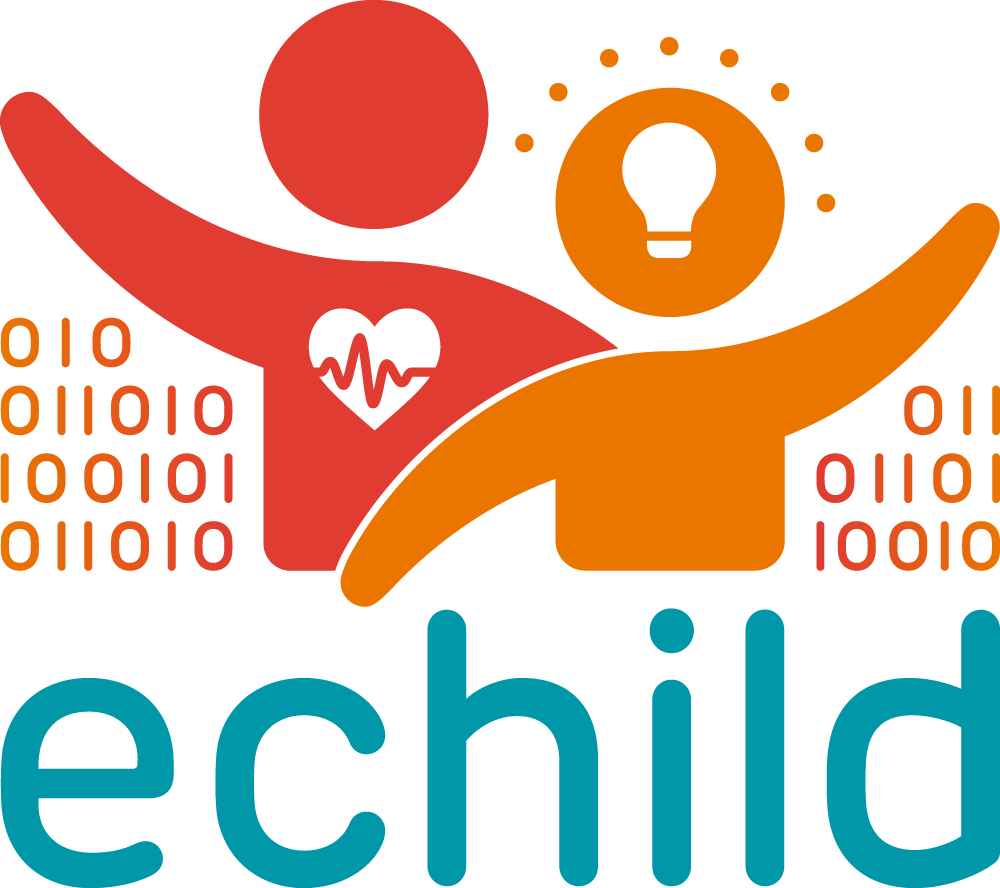New IFS Report Using ECHILD Data Examines Impact of the ‘Two-Child Limit’ on School Readiness by Tom Waters, Tom Wernham and Sarah Cattan
A new study from the Institute for Fiscal Studies (IFS), funded by Nesta, has used the ECHILD database to assess whether the UK government’s ‘two-child limit’ on benefits has affected young children’s early development. The study was led by Sarah Cattan, Tom Waters and Tom Wernham from the IFS.
Since April 2017, families on universal credit (or child tax credit) no longer receive an uplift for their third and subsequent children. This policy reduces incomes for larger families and has been linked to rising child poverty. The government’s “Opportunity Mission” highlights school readiness at age 5 as a key target for improving life chances.
Using ECHILD – which links NHS records with education data for almost all children in England – researchers compared outcomes of third and subsequent children born just before and just after the policy came into effect. With over 90,000 children in the analysis, the study was able to detect even small changes in development.
Key findings:
No significant impact on the proportion of third and subsequent children achieving a “good level of development” at age 5 (school readiness) was found.
This held true even for children from the most deprived areas or those eligible for free school meals.
While reversing the two-child limit could lift 500,000 children out of absolute poverty, the study suggests it may not be a cost-effective policy for improving early educational outcomes compared to other interventions.
The findings show the power of large-scale linked data, such as ECHILD, to rigorously test the impact of major policy changes on children’s lives.
You can read the full IFS report here.
